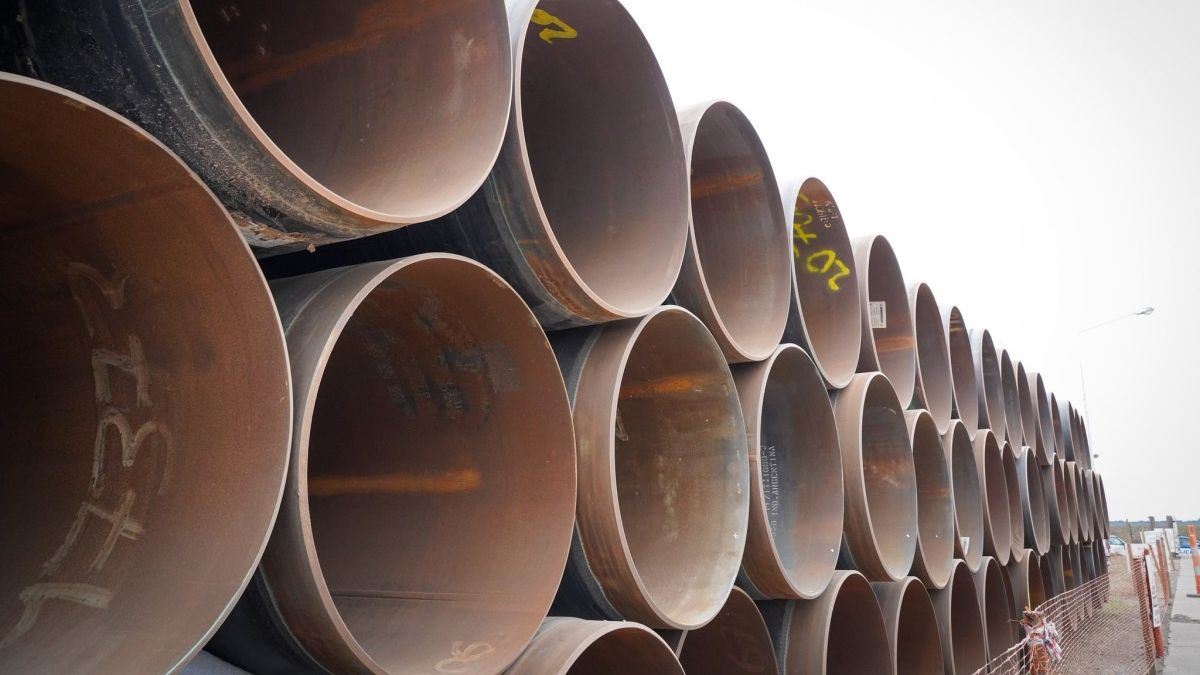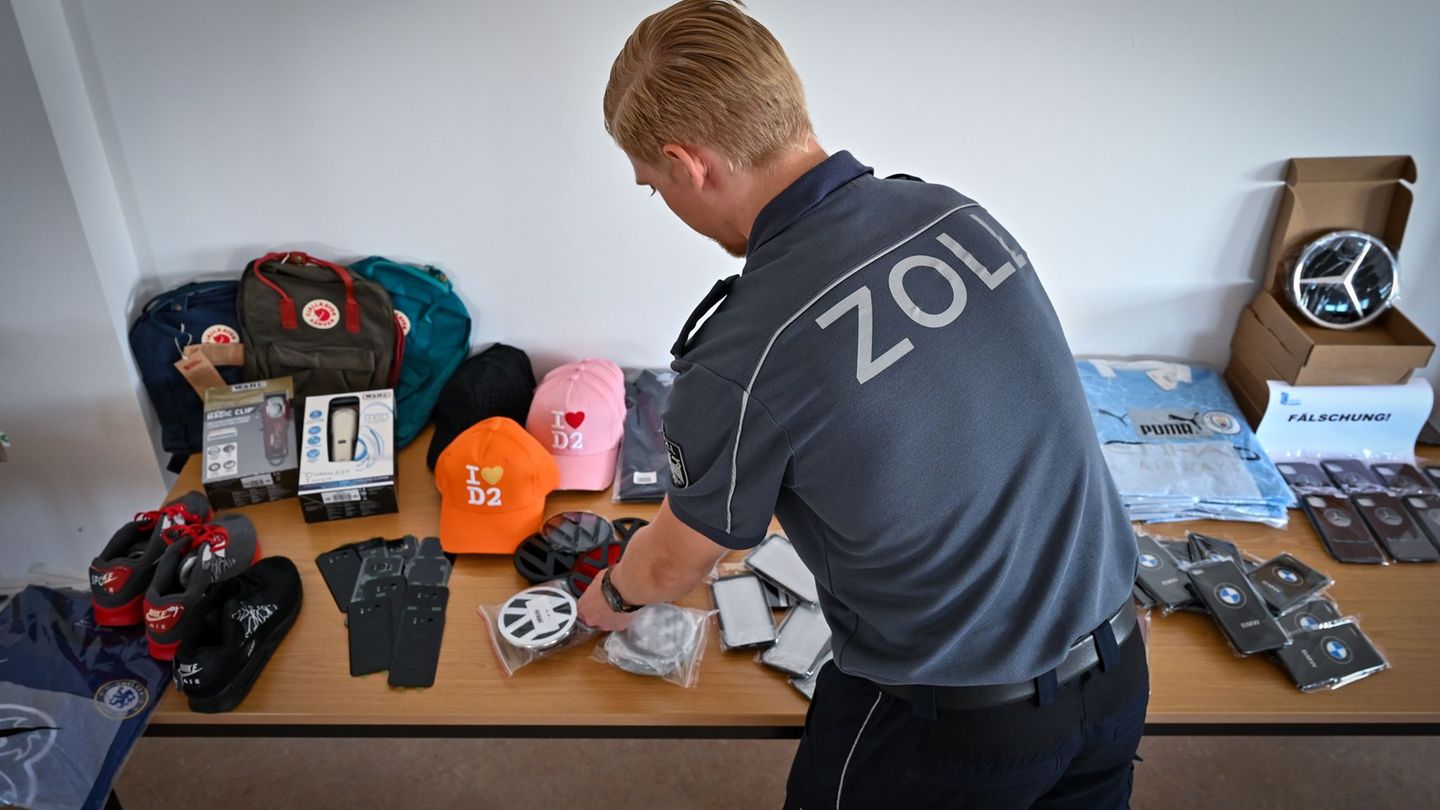The Ministry of Economy, which heads Sergio Massaspeeds up infrastructure works to arrive with energy Dead cow in the north of the country, and aspire to become a regional supplier by exporting to neighboring countries. This would allow the country to substitute imports and generate foreign currency in a context of scarcity of reserves.but, in addition, time is pressing because the decline in Bolivia forces the works to be completed so that there is no lack of energy next winter.
The inauguration of the first section of the Néstor Kirchner gas pipeline allowed imports to be substituted for US$ 420 million. By 2024, it is expected to be US$4.4 billion. While the completion of the Northern Reversal will allow savings of US$1.6 billion, according to official sources, so between both initiatives a saving of US$6 billion could be achieved.
The 3 offers were from the American Pumpo INC and the local companies BTU SA, and Techint-Sacde, which already participated in the NK gas pipeline. Moving forward, Energía Argentina evaluates the background of the companies, advances with observations and challenges, and then the opening of the second envelope will remain pending, for each of the 3 lines into which the work was divided. The award will be in around 10 days, to sign the contracts in mid-October, before the elections.
The work consists of the construction of a new pipeline between the towns of Tío Pujio and La Carlotain the province of Córdoba, 122 km long, 2 loops (expansions) of 62 km next to the route of the Northern Gas Pipeline, and in the reversal of the direction of gas injection in 4 existing compressor plants in Córdoba, Santiago del Estero and Jump.
The cost of the work will be US$710 million, of which US$540 million will be financed by a loan from the Development Bank for Latin America and the Caribbean (CAF) and the rest with funds from Cammesa, the company that manages the wholesale electricity market.
On the one hand, Vaca Muerta gas is cheaper: the local supply sale price of injected gas is US$3.10, while the import price of natural gas is US$12, per million. of BTUs (the unit of measurement), according to the Congressional Budget Office (CPO) energy subsidy monitor.
But beyond the price, the president of Bolivia, Luis Arceannounced last month that due to the decline in production in Bolivia, they cannot guarantee firm supply from 2024, despite the fact that the contract with that country runs until 2026. Economía’s aspiration is to finish this work in May of next year, to reach winter.
The final objective is to use this infrastructure network to “regionalize” Vaca Muerta, and think about exporting to northern Chile, central Brazil and Bolivia. However, this tripartite negotiation today is a “sensitive” issue, admit sources from the business sector and the Government. “Bolivia is willing to sign for 10 years, but they want a very expensive contract to recover their decline, let’s hope that the negotiations advance with more reasonable prices,” said a high-ranking source from the Treasury Palace.
Call for tenders
While passing through Vaca Muerta, Massa announced last week that the call for bids for the second section of the Néstor Kirchner Gasduct would be held this Monday. However, as far as he could tell Ambitis not ready yet, but it is expected to be in the coming days.
The Government’s objective is that construction can be completed in July 2024. The work consists of a 526-kilometer pipeline from Salliqueló, province of Buenos Aires, to San Jerónimo, in Santa Fe. The final objective is to project exports to the south from Brazil, through Uruguayana.
The tender will be carried out in two stages, first for the supply of pipes and then for the civil works, just like stage I. The big difference will be the financing, which this time will not be from the Treasury, but from the private sector, with a estimated cost at US$3,200 million. According to official sources, there are three private parties interested: Techint, with financing from the Brazilian bank BNDES, the sovereign fund of Saudi Arabia, and the construction company Must Tec, owned by the owner of Inter Miami, with financing from the United States.
Source: Ambito




